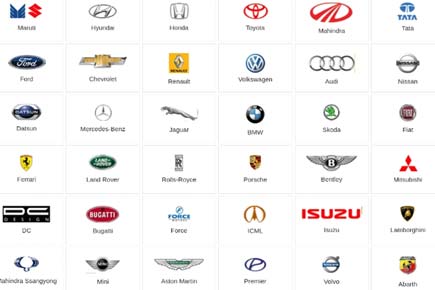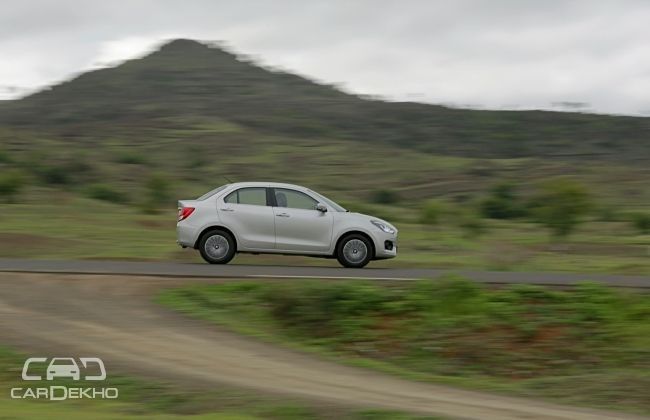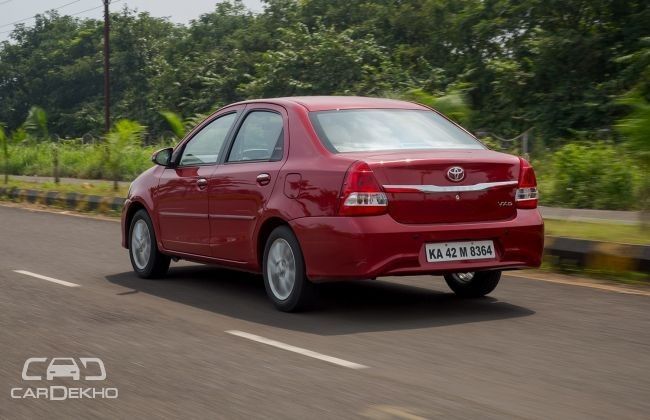We Compile A List Of Seven Areas Where The Car Has Improved In Our Seven Decades Of Independence


ADVERTISEMENT
It's that time of the year again when the spirit of patriotism emerges in full bloom. We'll have TV channels running patriotic movies or interviews with freedom fighters, and radio channels playing music to rekindle that hidden love for our country. People, however, will choose their own ways to celebrate it. Most of us must have taken a holiday for Monday (August 14) to stretch our legs, back, arms etc. to elongate the weekend to four days.
While you retire into the weekend mood, we thought of compiling a list of seven areas where the car has improved in the seven decades since India's independence. Of course, comparing a 2017 product with one back in the 60's or 50's would be preposterous. But as our country has evolved over the last 70 years, so has the car with it. Without wasting any more time, let's quickly see how the car has helped not just the citizens but also the growth of our nation. One simple rule – we're including only widely available technology.
Convenience

Let's face it - we all search for the most convenient ways of doing things in every aspect of our lives. Since driving consumes a significant amount of time in our day-to-day schedule, the car had to transform itself to become as easy as it can be to deal with. What all adds up here? Well, everything thing from automatic transmissions, power windows, power steering and air conditioning. We take these things for granted but just imagine if the car didn't have such features till date. Sounds scary, doesn't it?
Safety

There is no doubt that cars have also evolved to keep us safe. Common safety features like anti-lock braking system (ABS), airbags, structural rigidity, three-point seat belts with pretensioners and load limiters, and ISOFIX anchorages for child booster seats are now widely available as part of the standard kit. In addition, carmakers have also included safety features like automatic headlamps, rain-sensing wipers and fog lamps to keep your vision neat and clear.
Comfort

What's the point of having all the gadgetry on-board when the vehicle isn't comfy to be in. That's exactly what the automakers thought of as well. Nowadays, cars are designed with passengers at the heart of everything. Creature comforts like automatic climate control, height-adjustable comfy seats, forgiving suspension setup, tilt and telescopic steering wheel, bigger tyres and a set of light clutch and gear-shifts are available in almost all the cars today. Think about it: If a car fails to deliver on any of these fronts, you'd want to try out more options in the market.
Mileage

Sure, the quality of fuel is a big factor on how high mileage figures can go. While petroleum companies are and have been working to deliver fuel with the highest possible grade of quality, automakers on other hand have been busy making full use of their ingenuity. Cars have grown to become more and more frugal, even after carrying all the high tech gadgets inside. Fuel efficiency figures have broken the 28kmpl mark. That's some going, especially if you consider that most of them don't have any electrification tech inside and are powered by an internal combustion engine only.
Reliability

A tool that breaks down too often is bound to be replaced by one that doesn't. That's exactly how things have evolved in the automotive industry. Choice of homegrown cars during the black-and-white days were few and weren't reliable. Additionally, most of the foreign makes were imported and hence were hard to maintain. Most of the cars in today's time and age are also Japanese, South Korean, American or European. The difference is that all the major players have roots in the country and hence understand the Indian conditions much better. Cars have evolved to become one of the most reliable non-living things that a person can own in India.
Competition

With such a huge population, India was ought to gain attention from everyone on the globe. The results are quite evident as now you have 14 automotive players which have at least one of their offerings under Rs 10 lakh. How is that good? Well, as a consumer, you have a lot of choice now than you wouldn't have had if it were in the 70's. Not only the car has to impress a prospective customer, it also has to undercut its rivals. Result? We can choose what we want and what we don't.
Growth

The automotive sector in the country has been on the up for a while now and it doesn't show any signs of slowing down either. Even with stricter laws, taxes and norms carmakers are pounding their way into the country. If we think of this momentum as a nation, we will soon outshine Germany to become the fourth largest automotive manufacturer in the world. Currently fifth, India surpassed South Korea last year to become one of the leading markets for all auto giants across the globe. Cars are not just built for the domestic market here, but are also exported to various international markets.
So there you have it. Cars have done their part to keep India's growth curve on the rise. It has fought battles with various political and environmental hurdles. Not just that, it has kept you, me and all of us safe, secure and comfortable, while adding convenience and comfort to our lives.
Read full article on Cardekho.com
 Subscribe today by clicking the link and stay updated with the latest news!" Click here!
Subscribe today by clicking the link and stay updated with the latest news!" Click here!






